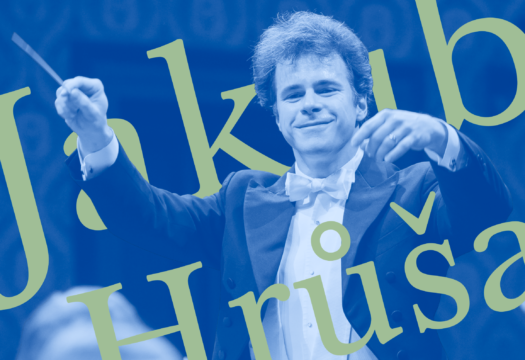What's on
“My servant recalls that during her second year with us, I began composing Jenůfa. That was in 1896. In those days, I was only a part-time composer! Being a church choir director and organist, a music teacher at an Austro-Hungarian normal school, the director of an organ school, a conductor of concerts at the Symphonic Society – having a terminally ill daughter at home – that was my life. Well, composing was hard, so I didn’t do much of it. For that reason, it is also hard for me to reminisce about it.” (Leoš Janáček, 1917) – “My husband had just finished Jenůfa. The whole time he was working on the opera, Olga was terribly interested in it. Now she asked: “Daddy, play Jenůfa for me; I’ll never hear it again.” Leoš sat down at the piano and played… I couldn’t bear it, so I ran away…” (Zdenka Janáčková)





